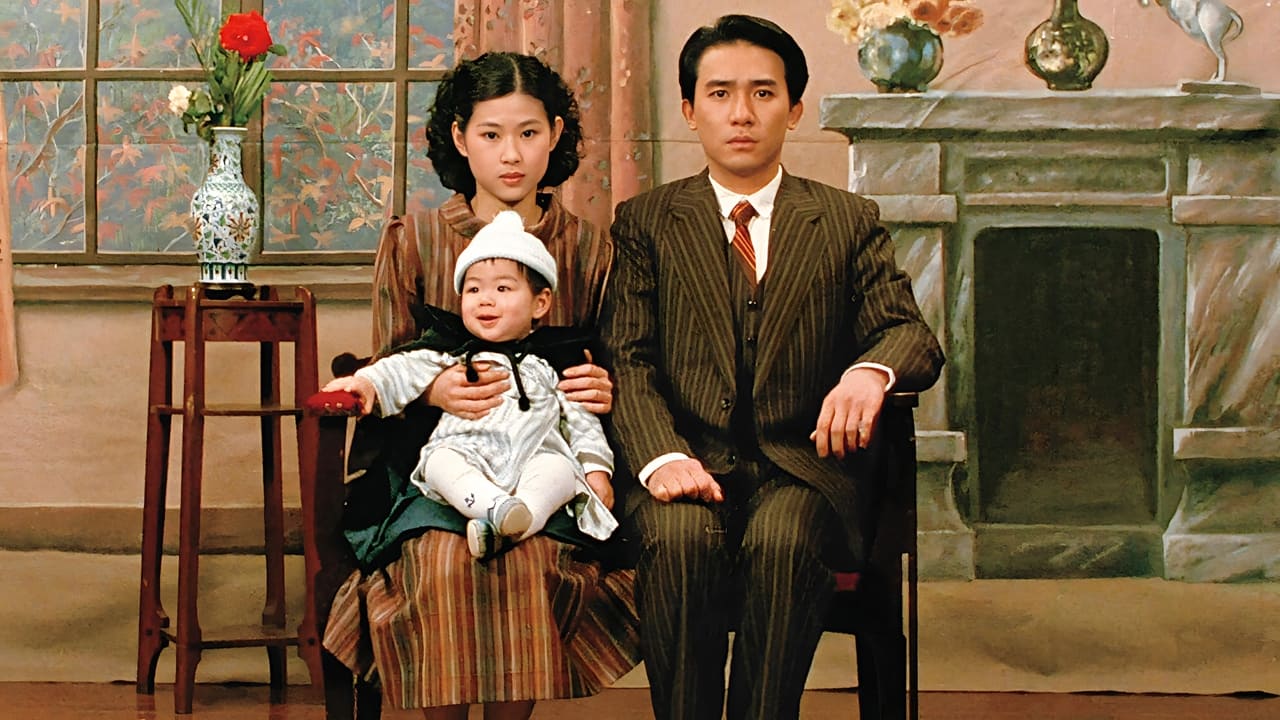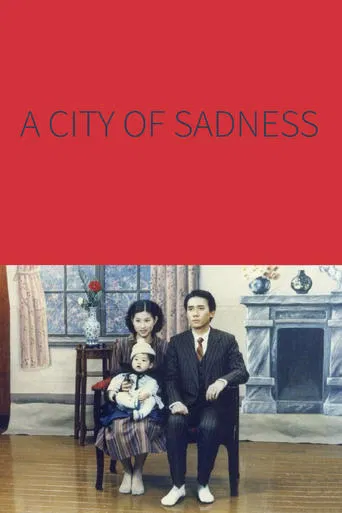

If the ambition is to provide two hours of instantly forgettable, popcorn-munching escapism, it succeeds.
... View MoreOne of the best movies of the year! Incredible from the beginning to the end.
... View MoreThis is a coming of age storyline that you've seen in one form or another for decades. It takes a truly unique voice to make yet another one worth watching.
... View MoreIf you're interested in the topic at hand, you should just watch it and judge yourself because the reviews have gone very biased by people that didn't even watch it and just hate (or love) the creator. I liked it, it was well written, narrated, and directed and it was about a topic that interests me.
... View MoreSimply one of the best films ever made and certainly the best to have come out of China, Taiwan or Hong Kong. Forget about traumatic Taiwanese history, forget about other "epic" films from mainland China, or Taiwan, or Hong Kong. This one is one of the most profound statements about human condition and the relentless power of history. You can physically feel the winds of history blowing through a small hospital in the mountains, or a house of the person who will succumb to the inevitable, or a railway car caught in the middle of a massacre. Hou Hsiao-Hsien doesn't reconstruct history, he shows you human beings caught unawares and unable to cope with a totally unexpected avalanche of events destined to change their lives. Acting is superb, the mute character played by Tony Leung Chiu Wai (who, quite prosaically, couldn't speak Hokkien and had to be made mute) will haunt you for a very long time. One of the most underrated films from one of the most underrated directors. Spend two and a half hours of your life watching this, it's worth it. 10 out of 10.
... View MoreAs my age, several section in this film makes me feel funny, such as the way they behavior, the words they said. It is too unbelievable for me to drive me away to feel the sadness. Just like listen to a story.However, it did happen. Several events I have heard from my grandmother; the setting is also like my mother's house in south country; the location, Chiu-Fen, I visited several months ago is still similar with the scene in the film. All I know about this period are from history books. Time would wipe people's memory. In case people would forget the sadness in our history, movie provides us to retract some part of that moment in our past time to allow us to learn what had happened around us. I have to say this movie is worth every people with any age in Taiwan or from Taiwan to see once in your life.
... View MoreNeedless to comment on Hou's excellent artistic directing, the story itself tightly revolves around an average Taiwanese family's life during the years 1945-1949 when Japanese occupation ended and KuoMinTang from mainland took over. There are conflict on personal/family level between native Taiwanese (BenShengRen) and mainland newcomers(WaiShengRen), and massive political prosecution and massacre of native intellectuals by KuoMinTang. Hou painted an inspiring (rather than sad) picture of the native intellectuals giving their lives to earn their fellow Taiwanese dignity which was ironically more lacking during the KuoMinTang ruling than Japanese ruling.
... View MoreThis is the only one of Hou Hsiao-hsien's films I caught at a retrospective of his work, and it's a tragedy because this film is so incredibly good. Hou's rigorous formal approach (highly geometrical framing, repetitive shots along axes, distinctive use of lived-in colors) provides a framework for the film to operate within its own world. Whereas Coppola's "Godfather" goes this way and that, without a significant coherence, visually or rhythmically, "City of Sadness" feels like an elegy to Taiwan and the family (in much the same way that "Underground" is an ode to what was once Yugoslavia). At times funny, sorrowful, and invigorating, I suppose that what makes this film so special is that it refuses to operate in "big moments" and focuses, like Ozu (who Hou is often compared to) on the little events that make life what it really is.
... View More